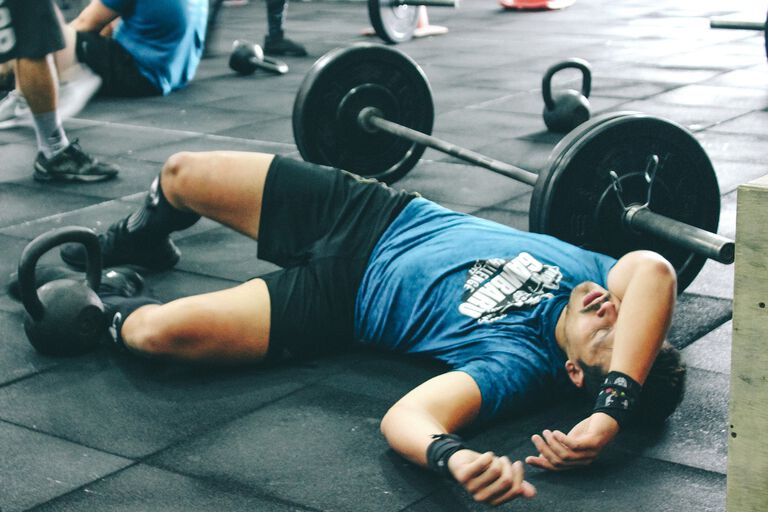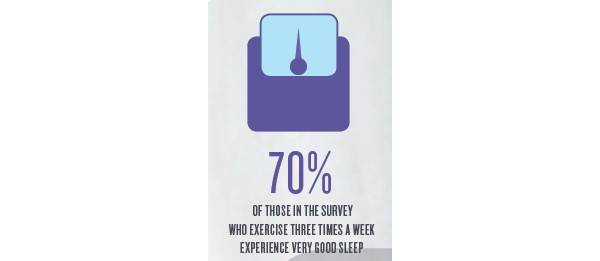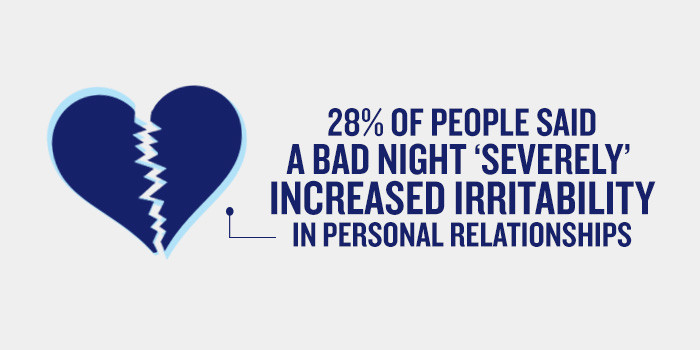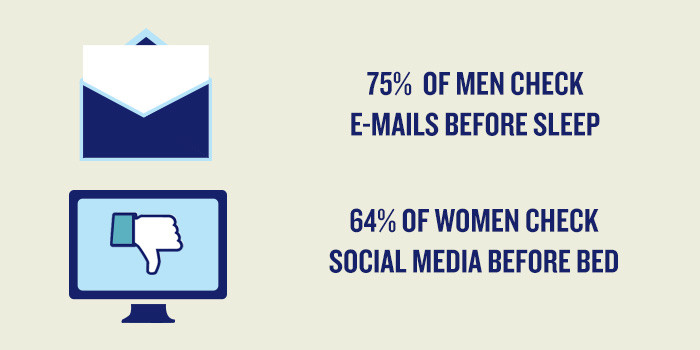DOES EXERCISE REALLY AFFECT YOUR SLEEP?

For many people, the idea that exercise promotes sleep simply makes sense. A hard day of physical labour or a particularly rigorous workout in the gym should guarantee a deep and restful sleep, for the simple reason that the body has been tired out to the point of exhaustion.
However, increased physical activity during the day doesn’t necessarily result in good sleep at night. In fact, some people find that although they feel physically exhausted from exercise, they still can’t sleep when their head hits the pillow.
HOW EXERCISE AFFECTS SLEEP?
What’s the reasoning behind this? Plenty of research has gone into the study of sleep and exercise, looking at the effect exercise has on sleep, as well as the effect sleep has on exercise.
According to an article in Psychology Today* studying the results of a 2013 study by the Journal of Clinical Sleep Medicine**, regular exercise does contribute to better sleep. But, the effect of exercise on sleep is not immediate.

Recording the results of the researchers’ exercise and sleep study, it was found that after two months, the focus group experienced no significant improvement in their sleep. However, after 16 weeks of regular exercise, their sleep quality was found to be greatly improved.
At the 16 week mark, participants who exercised regularly claimed to enjoy as much as an additional 1.25 hours of sleep per night compared to their non-exercising counterparts.
Similarly studying the correlation between sleep and exercise, the inaugural sleep survey by TEMPUR concluded that nearly 70% of survey participants who exercised three times a week experienced very good sleep compared to only 13.8% who exercised less than once a week.
HOW SLEEP AFFECTS EXERCISE?
The TEMPUR sleep survey also considered the effect of sleep on exercise. Experts have shown that cells and tissue are repaired overnight by hormones controlled by the endocrine system. The body’s desire to be in balance means, under the right conditions, it will always try to repair itself.
Undoubtedly, sleep plays a crucial role in the body’s repair. This goes a long way to explain another important finding within the 2013 sleep study, which found that participants who experienced a poor night’s sleep would then experience a poor workout the following day.
So it seems the cycle is connected. After a certain period of time, regular exercise results in better sleep. That higher quality sleep results in higher quality workouts, which in turn, allows for more sleep.
WHAT TYPE OF EXERCISE IS THE BEST FOR YOUR SLEEP?
According to research undertaken by US-based National Institute on Aging***, participants who engaged in aerobic exercise such as walking or cycling up to four times a week at 75% of their MHR (Maximum Heart Rate) reported a number of benefits in everyday life.
These included a better quality sleep, less daytime sleepiness and a greater sense of vitality during the day. Alongside fewer sleepless nights, the study also found that aerobic exercise improved the time it took to fall asleep by 14%.
WHEN SHOULD YOU EXERCISE?
While cardio and aerobic exercise has been shown to provide improvements in sleep quality, exercising too close to bedtime is not recommended. For those looking to find out how to fall asleep, how to get to sleep or how to sleep better, it’s important to understand that exercise is not enough. You also need to know when to exercise.
Exercising late at night, for example, can interrupt sleep by raising body temperature and increasing adrenaline, making it difficult to fall asleep and stay asleep. Instead, exercising early in the morning may provide better quality sleep at night.
A small study by North Carolina’s Appalachian State University**** in the US asked participants to undertake moderate intensity, 30-minute workouts at 7am, at 1pm and at 7pm. Researchers found that participants woke less during the night following a morning workout than when they’d exercised in the afternoon or evening.
Want to uncover more sleeping tips? Find out all the need-to-know info on sleep hygiene, such as the effect of exercise and diet on sleep in TEMPUR’s blog!
* Better Sleep Found by Exercising on a Regular Basis. Psychology Today.
** Exercise to Improve Sleep in Insomnia: Exploration of the Bidirectional Effects
http://jcsm.aasm.org/viewabstract.aspx?pid=29078
*** 5 ways exercise can impact your sleep (good and bad). Net Doctor.
http://www.netdoctor.co.uk/healthy-living/fitness/a26843/ways-exercise-affects-sleep/
**** Early morning exercise is best for reducing blood pressure and improving sleep. University News Appalachian State University.
http://www.news.appstate.edu/2011/06/13/early-morning-exercise/
Feel it for yourself
Find a TEMPUR store or Stockist and try out our range of mattresses for yourself

SIGN UP FOR THE NEWSLETTERS!
By signing up, you agree to receive TEMPUR Australia’s products, services, news, reviews and promotions by emails. For more information on how we process your personal data, please refer to our Privacy Policy.


